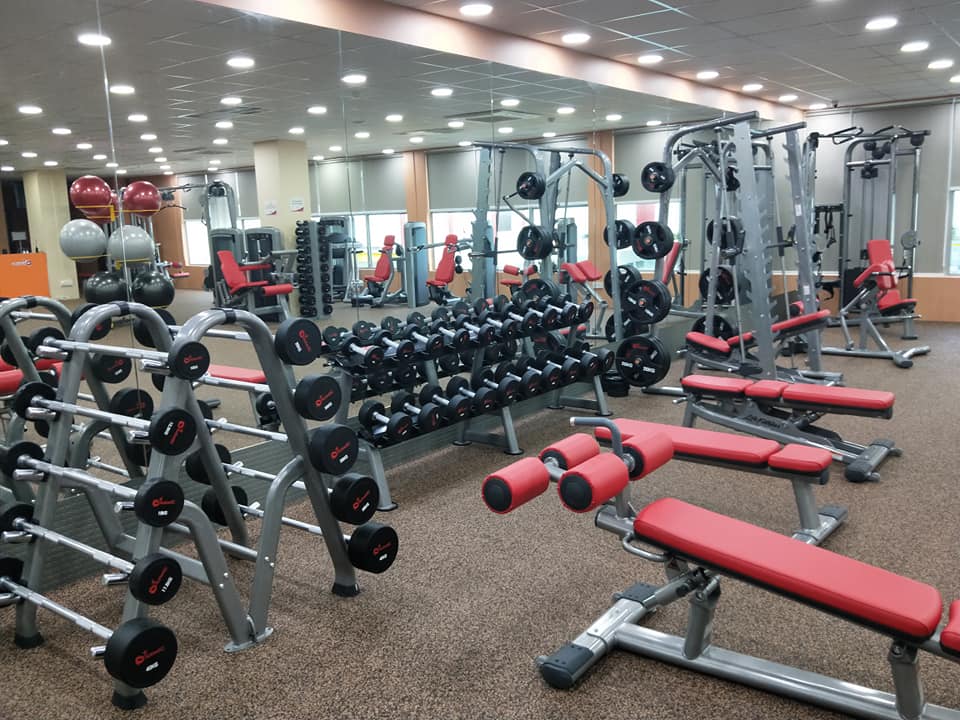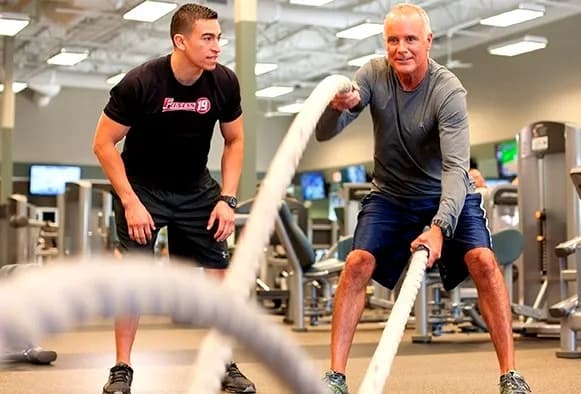In Singapore, lifestyle diseases such as diabetes, high blood pressure, obesity, and heart disease are on the rise. These chronic conditions are often the result of sedentary behaviour, unhealthy eating habits, chronic stress, and lack of physical activity. While medical professionals manage treatment, a growing number of people are turning to personal trainers for preventive and complementary support.
More than just fitness instructors, personal trainers play a critical role in managing lifestyle diseases through structured workouts, tailored nutrition advice, and consistent motivation. Let’s explore how and why they’ve become essential in health management, especially in a fast-paced, urban setting like Singapore.
- What Are Lifestyle Diseases?
- How Personal Trainers Help Manage Lifestyle Diseases
- Popular Personal Training Approaches in Singapore
- How to Choose the Right Personal Trainer in Singapore
- Why the Personal Trainer Route Works in Singapore
What Are Lifestyle Diseases?
Lifestyle diseases are health issues that result from our lifestyle. Common examples include:
- Type 2 diabetes
- Obesity
- Hypertension (high blood pressure)
- Cardiovascular disease
- High cholesterol
- Non-alcoholic fatty liver disease
According to Singapore’s Ministry of Health, 1 in 3 Singaporeans aged 18 to 74 has hypertension, and 1 in 9 lives with diabetes. With busy office jobs, heavy food culture, and screen-heavy leisure time, it’s no surprise these diseases are prevalent.
But the good news? Most of these are manageable — and even reversible — with the right lifestyle changes.
How Personal Trainers Help Manage Lifestyle Diseases
1. Customised Exercise Plans
Personal trainers assess your health history, fitness level, and goals to design a customised workout plan. For individuals managing obesity, the focus may be on low-impact cardio and strength training to enhance insulin sensitivity. For individuals with high blood pressure, moderate-intensity aerobic training may be a suitable goal to support heart function.
Unlike one-size-fits-all workouts on YouTube or fitness apps, these plans are tailored to your specific needs and progress over time, safely and sustainably.
2. Accountability and Motivation
Consistency is crucial when managing lifestyle diseases. Many people struggle to stay motivated, especially when they don’t see quick results. Personal trainers offer encouragement, track your progress, and make adjustments to keep things fresh.
For someone recovering from a health scare, having a trainer by your side can be the push you need to stick to your fitness goals.
3. Education and Awareness
Trainers help clients understand how their bodies respond to exercise and how small improvements lead to significant health benefits. You’ll learn how resistance training builds muscle and burns fat, or how interval training improves heart rate variability.
In Singapore, where people often juggle full-time work and family responsibilities, education empowers individuals to manage their time and energy more effectively, leading to improved health.
4. Lifestyle Coaching
While personal trainers aren’t nutritionists, many have foundational knowledge in meal planning, calorie tracking, and portion control. They can help you spot hidden sugars in drinks, make better hawker centre choices, or prepare easy home-cooked meals.
Trainers also advise on rest, recovery, hydration, and sleep quality, all crucial for reversing or managing chronic disease symptoms.
5. Safe Progression and Injury Prevention
People with lifestyle diseases are often at higher risk of joint issues, low energy, or high inflammation. Personal trainers guide progression gradually to avoid injury or burnout. They teach proper form and posture to reduce strain on the body.
In Singapore, where access to healthcare can be costly, preventive measures through guided exercise are a smart investment.

Popular Personal Training Approaches in Singapore
Functional Fitness
Focuses on movements that mimic daily activities like squatting, pushing, pulling, and lifting. Great for older adults or those recovering from injury or illness.
Strength Training
Helps improve metabolism, muscle mass, and bone density. Effective for managing obesity, diabetes, and hormonal imbalances.
Cardio and HIIT
These boost cardiovascular health, reduce resting heart rate, and improve circulation. Often prescribed for clients with high blood pressure or cholesterol.
Mobility and Corrective Work
Ideal for desk-bound individuals with posture issues, joint pain, or chronic stiffness. It prevents long-term degeneration and supports joint health.
How to Choose the Right Personal Trainer in Singapore
- Check for Certification: Look for trainers certified by ACE, NASM, ISSA, or equivalent. In Singapore, many reputable trainers are based in gyms like Fitness First, Virgin Active, or boutique studios like FITLUC.
- Ask About Experience with Medical Conditions: Choose someone with experience helping clients with similar health issues. Some trainers even collaborate with physiotherapists or GPs.
- Trial Session: Most trainers offer a trial class. Use it to assess comfort level, communication, and the trainer’s attentiveness.
- Review Testimonials or Track Record: Ask about past clients and their progress. Word-of-mouth or reviews can give insights into their expertise.
Why the Personal Trainer Route Works in Singapore
- Time-efficient: Workouts are targeted and short, ideal for busy professionals.
- Convenient: Trainers can come to your condo gym or conduct sessions online.
- Supportive: Encouragement from a pro can boost mental and emotional health.
- Results-driven: You can see measurable improvements with consistency.
With rising awareness of preventive care, many Singaporeans now view personal training as part of their long-term health investment not a luxury.
Final Thoughts
Managing lifestyle diseases isn’t just about cutting sugar or walking more; it’s about making informed choices. It’s about adopting a sustainable, structured approach to fitness, nutrition, and mindset. Personal trainers are uniquely positioned to guide this transformation.
In Singapore, where chronic conditions are common and daily stress is high, having someone in your corner can be the game-changer that sets you on the path to better health.






















